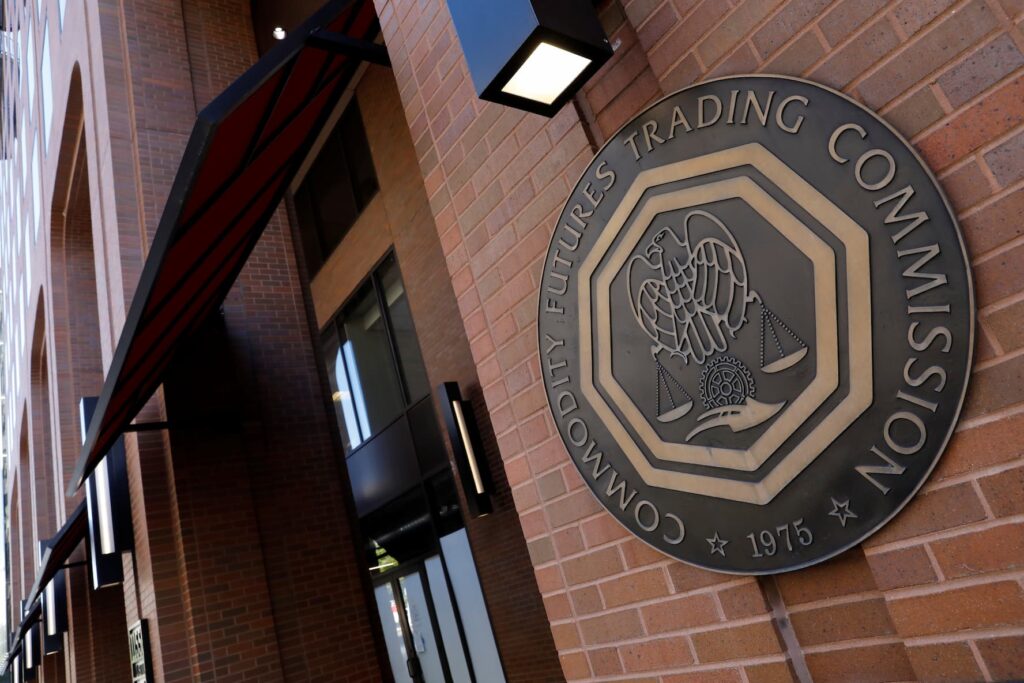NEW YORK (AP) – The election has ramifications for financial markets. But what this means for investors is often hard to predict.
Just look at France, where the threat of electoral losses for the president’s centrist party recently sent the French stock market to its worst week in more than two years. Or India, where questions about the margin of victory for Prime Minister Narendra Modi’s party sent Indian stocks from a 3.4% gain to a 5.7% decline and back to a 3.2% gain during a wild three-day period this month.
“Elections have consequences”, Morgan Stanley strategists wrote in a recent report. “But when it comes to identifying these consequences for financial markets, it’s easy to confuse noise with signal.”
Around the world, from Mexico to South Africa, surprising election results have rattled markets recently. And more are likely to come, with more than half the world’s population heading to the polls by 2024, according to BlackRock Investment Institute.
The July UK election is fast approaching. Later this year, the US presidential election in November will drive its own volatility in the markets. All of this adds a lot of uncertainty to financial markets that hate it.
The biggest aftershocks have rattled the countries’ stock markets, but it is in the traditionally more dormant bond market that the biggest threat may lie. That’s because many of this year’s surprise wins are leading to speculation that the winners could push for more spending from governments without raising more revenue to pay for it.
Looser fiscal policies can make it harder for governments to service their debts. Fraudulent investors are already punishing them by demanding higher interest rates before lending to them.
“The bond market’s tolerance for fiscal promiscuity is very low these days,” said Niladri “Neel” Mukherjee, chief investment officer of TIAA Wealth Management.
In the upcoming US election, the bond market could remain calm in a scenario where neither party sweeps the White House and both houses of Congress, Mukherjee said. But if one side gains control, making it easier to dictate fiscal policy, that could mean sharp jumps in US Treasury yields in the bond market. This in turn would make mortgages more expensive, increase the chance of a recession and hurt stock prices.
“It’s exactly what I have in mind,” Mukherjee said. “Not many people are talking about the bond market and how it would react.”
Consider France. Coming into this week, bond investors were asking for an additional 0.75 percentage point yield to lend to the French government over 10 years, versus a similar loan to the German government, which is seen as a safer bet. A week ago, before the surprise victories of far-right parties in the European Parliament elections, investors were only looking for 0.48 percentage points of additional yield.
That might not sound like a lot, but it’s a big deal in a bond market where investors are getting just 2.36% in yield for lending money to the German government over 10 years.
One challenge for investors is the difficulty of profiting or hedging against election results. That’s because financial markets are constantly changing based on who leads the poll. To get ahead of them, an investor will need enough clarity to know what the unexpected outcome is that the markets are not predicting.
A Republican victory in November, for example, could make higher tariffs and broader restrictions on trade more likely, which could boost the fortunes of American manufacturers. But their stock prices would already rise ahead of November whenever traders saw Republicans gaining in the polls. And even if an investor correctly guessed a Republican victory, in a scenario where the rest of the market was leaning differently, that investor would also need to know when those trade policies would take effect to make maximum profit. It’s a lot to get right.
Instead of trying to figure out what investments will be made immediately after the election, many professional investors plan what investments will be made several years down the road.
In India, for example, Prime Minister Modi’s failure to win a clear majority could slow some of his economic reforms. But the world’s largest country is still benefiting from a young population, according to strategists at the BlackRock Investment Institute. It is also still benefiting from the long-term push for companies to reconnect their global supply chains after the pandemic showed the dangers of over-reliance on China.
In addition, the US stock market has historically tended to rise regardless of which party controls the White House. US government debt also rose under Presidents Donald Trump and Joe Biden.
#Stock #markets #tighten #Paris #Mumbai #stress #election #results
Image Source : www.seattletimes.com


